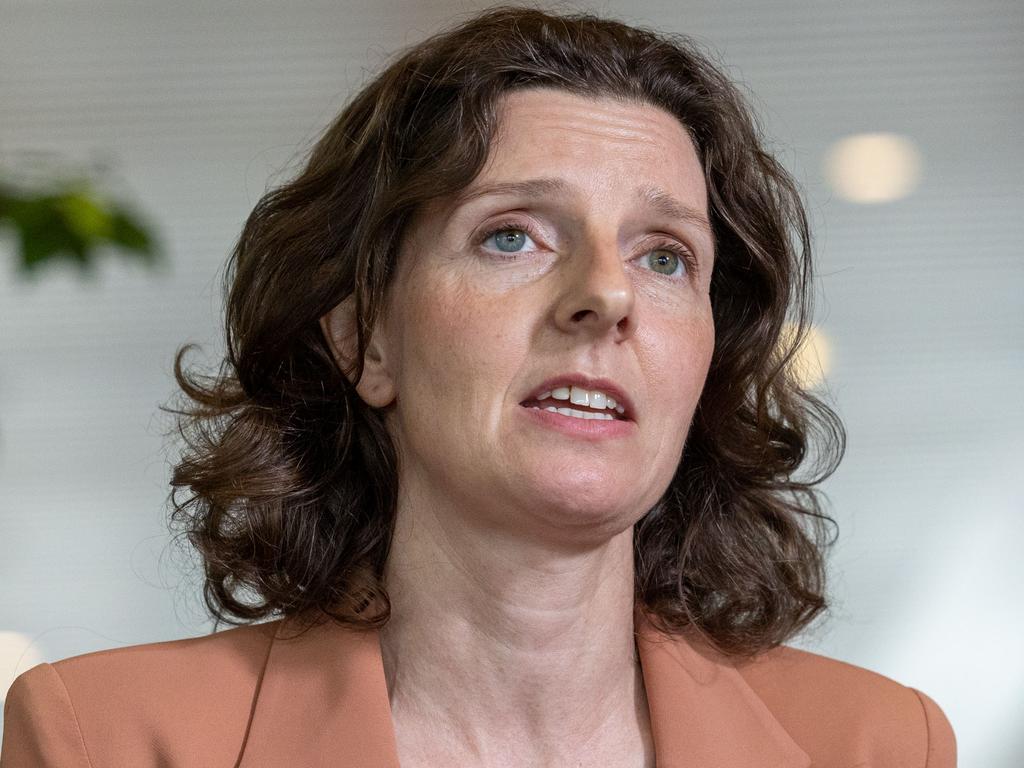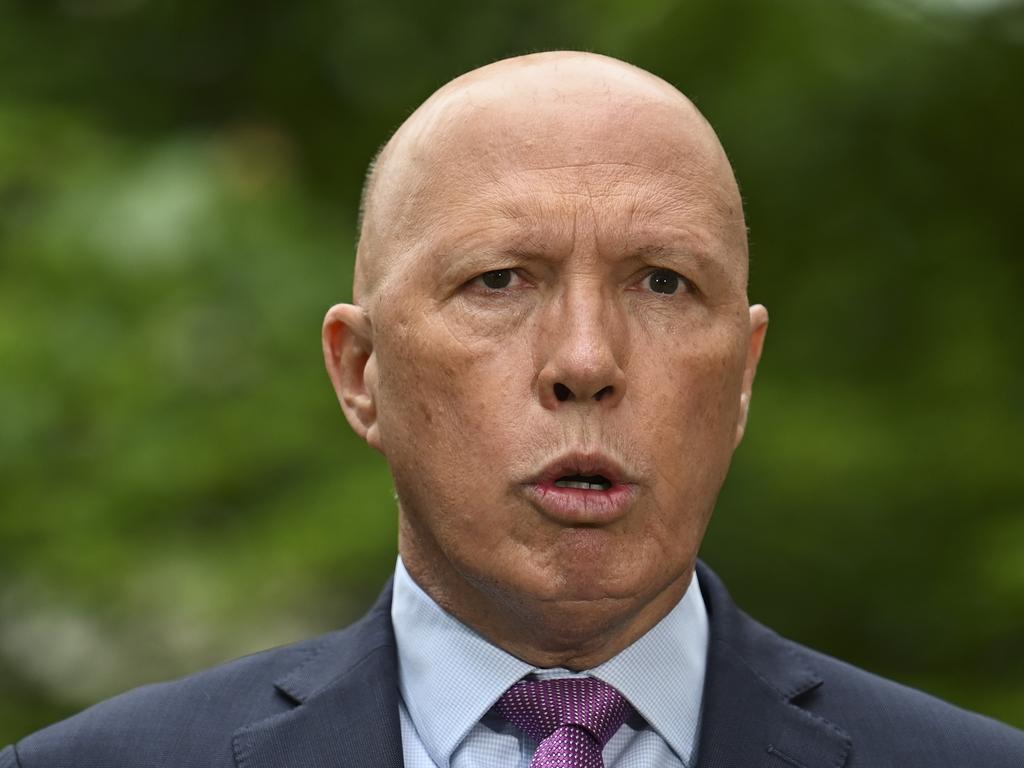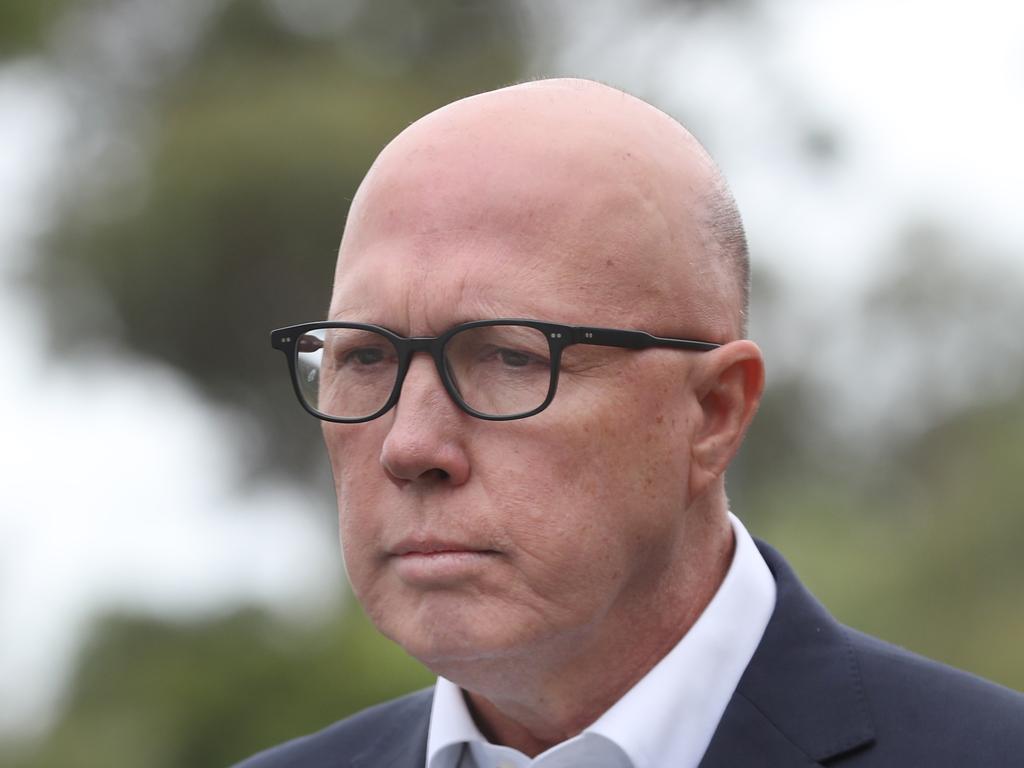Up to teals to be a force for vital reform in politics
The teals have the capacity to play an important role lifting parliamentary standards, rising above daily political point scoring.

So far, the teals have used their platforms to make the occasional notable point; for example on the need for wholesale tax reform or competitive industrial relations laws. Allegra Spender has been the standout.
However, because they aren’t a formal political party, they often act autonomously of one another. We’ve seen some of that in respect to their reactions to the government’s stage three tax backflip.
Homogeneity isn’t their defining feature, but there are some issues that unite them. Collectively, they have championed climate change action. But in doing so they have tended towards the polemic rather than practical ways of transitioning to a greener future. To do more than send a message to the conservative side of politics for its questioning of the science, the teals need to come up with viable cleaner-energy pathways. Their contribution needs to be more nuanced than the impractical activism of the Greens, for example. Teal electorates aren’t interested in “destroying the joint”.
The teals have the capacity to play an important role lifting parliamentary standards, rising above daily political point scoring. Advocating what’s right but not always popular. Right now, however, I question whether they are doing that. Just like other politicians who arrive with good intentions, they need to be careful not to become the frog that boils slowly as it grows to accept the shortcomings of the existing political culture.
Winning the daily news cycle has become a key part of the problem in modern politics. It exacerbates short-term thinking, not to mention elongating the superficiality of how politics is practised. Some of the teals have already embraced this ultimately unfulfilling endeavour. Their social media activity, parliamentary grandstanding and media sound bites are first class, if marketing is your only focus. But politics needs so much more than that right now. Surely the teals, with first-rate CVs almost one and all, want more from their foray into politics than that?
If we fast-forward a decade from now the risk is that the rise of the teals, even if it embeds itself within the political structure, does so as an extension of what’s wrong with modern politics rather than as a vehicle for change.
If campaigning on integrity matters, surely the teals need to call out Labor breaking a core election pledge, for example. Having said that, if they think adjusting stage three tax cuts is necessary to provide improved cost-of-living relief (I’m not sure these concepts are quite so binary), they need to push for next steps: a fresh debate ahead of the next election that includes wider tax and spending reforms.
They should lay out markers the major parties need to follow if they want teal support after the next election, if a hung parliament eventuates. However, such collective action requires a degree of co-ordination, which some teals might not be willing to partake in.
This column isn’t a hit job on the teals, quite the opposite. I think they have the potential to grow into a potent force in Australian politics. The issue is whether they do so as an agent for positive change rather than simply as a portent for two-party resentment, namely directed at conservatives.
If the former happens, they will have served a valuable purpose for the nation. If the latter is all they manifest as, they will be little more than a strategic agent of the Labor Party. Not necessarily by intent, but certainly in outcome.
To be sure, at the 2022 election the teals’ impact was significant. They might not have achieved the balance of power in the House of Representatives – which would have seen them take centre stage during this term – but they did highlight a profound problem on the right of politics: the Liberal Party has lost touch with once blue-ribbon electorates. It also lost touch with female voters, as the Australian Election Study confirmed, a problem that arguably persists today.
Losing seats such as Wentworth, Curtin and Kooyong was a body blow to the Liberal Party. Losing MPs such as former treasurer Josh Frydenberg drained the talent pool of the Coalition’s current frontbench. The defeat of so many next-generation MPs put the party’s future in peril. Almost every Liberal MP who lost to a teal could be classified as a moderate rather than a factional conservative. The teals therefore weakened moderate tendencies within the Liberal Party.
Some moderate Liberals are attempting to use this final consequence as an argument against re-electing the teals, which misses the point entirely. Whether moderate Liberals like it or not, the rise of the teals was at least in part a consequence of moderates not sufficiently standing up to the conservative drift of the Liberal Party over many years. More recently the growing bond between Nationals and Liberals, driven by the parties merging in Queensland, has pushed the Liberal Party even further to the right on social justice issues and environmental (in)action. Ideological conservatives have a right to wonder why so-called conservatives within Coalition ranks can’t understand scenario planning for climate change is a cautious and prudent course to take. Insurance against bad consequences. I just worry that some teals don’t really care about the issue beyond the altruism and sound bites championing climate change action generates.
Liberals chasing votes in outer-metro marginal seats risk entrenching teal support in the seats already lost. That seems to be Peter Dutton’s strategy, but its premise may be flawed. Can the Coalition scratch together a majority without reclaiming teal seats? Probably not, which would leave it in competition with the Labor Party seeking crossbench collaboration in government if the next election is close and a hung parliament ensues.
If teals can find a way to become more than a protest movement for disaffected Liberals, or a useful bulwark for Labor strategists to thwart the ambitions of their major party rival, they can both change politics and embed their value (and values) in the system.
Only time will tell if that’s what the current teals want to get out of their time in Canberra. It can be a lonely, miserable place, yet so many who get their get captured by it. Let’s hope the teals don’t, because it would limit their value, even if they keep on winning.
Peter van Onselen is a professor of politics and public policy at the University of Western Australia and Griffith University.








Will the teals become part of the solution or just another part of the problem? I’m talking about the contribution they are destined to make to politics in this country. If electoral success is all they achieve, they won’t have lived up to their potential.